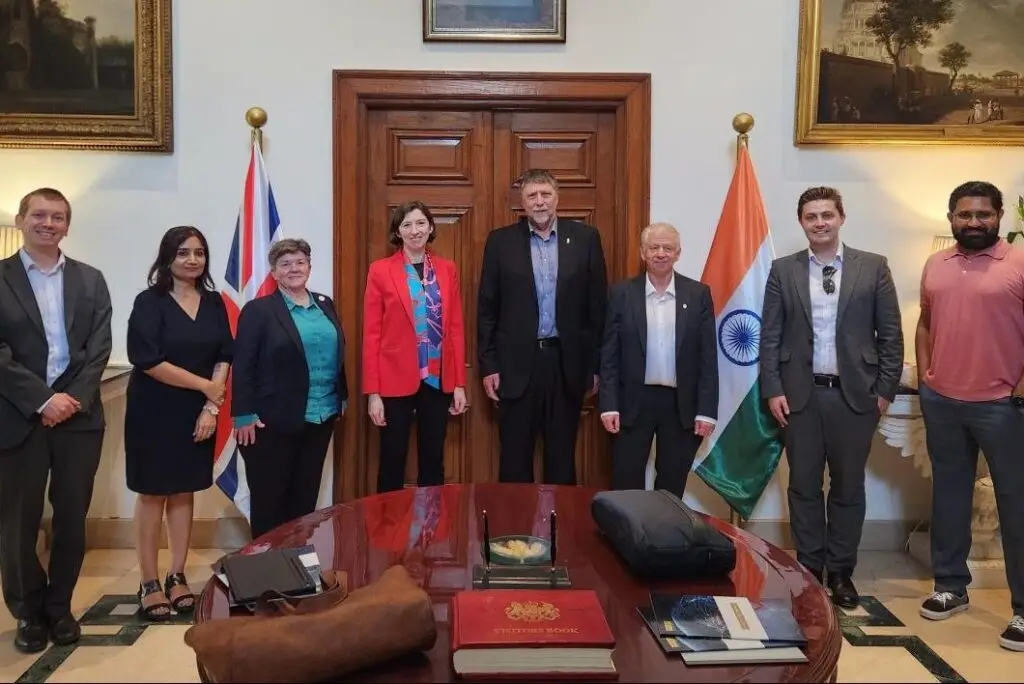UK Foreign Secretary David Lammy recently met with Indian Prime Minister Narendra Modi. The meeting marked a significant development in international scientific collaboration.
Both governments committed to enhancing ties in advanced materials and nanotechnology, focusing on economic growth and technology security.
Strengthening International Ties
An agreement between the UK and India has identified The University of Manchester’s National Graphene Institute (NGI) as a key stakeholder in the UK-India Technology Security Initiative (TSI).
Focus on Advanced Materials
Access to world-leading laboratories and prototyping facilities will be available.
Ongoing Collaborations
The university also focuses on Critical Minerals and Artificial Intelligence, evident from their hosting of a UK-India Critical Minerals workshop in 2023.
University Commitments
He also mentioned the involvement of graduate student training and shared course delivery.
Enhanced Capabilities
This year, the university is commemorating its bicentenary and recently held a celebration in Mumbai, India, which included over 200 Indian alumni and various partner organisations.
Honouring Collaboration
In 2004, two researchers from the university, Prof Andre Geim and Prof Kostya Novoselov, extracted graphene from graphite, for which they were awarded the Nobel Prize in Physics in 2010.
Global Impact
The collaboration will not only benefit the UK and India but will also have a significant global impact on technological advancements and economic growth.
The UK-India Technology Security Initiative stands out as a major milestone in international collaboration.
Through joint efforts in advanced materials and technology, the initiative promises to address global challenges and open new avenues for research and development.


